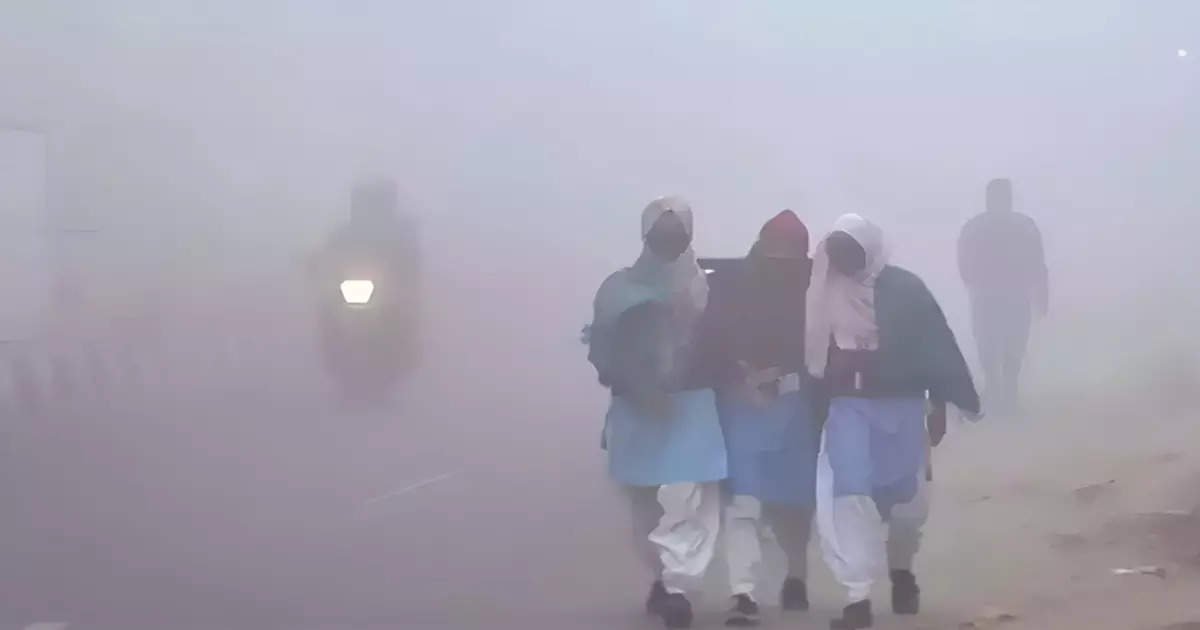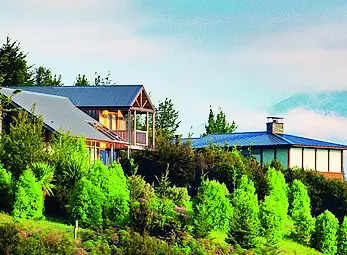
(UPDATE) MEXICO CITY — Amid Mexico's heat wave and drought, suffering birds are getting air-conditioning and monkeys with heat stroke are being rescued by nongovernmental groups.
The government, meanwhile, has been more preoccupied with cooling down animals at state-run zoos, giving lions frozen meat popsicles.
It's not the only frosty treat: one rescue group is feeding distressed owls with rat carcasses shipped frozen.
An area of strong high pressure centered over the southern Gulf of Mexico and northern Central America has blocked clouds from forming and caused extensive sunshine and hot temperatures all across Mexico, as well as in the United States.
Much of the impact on wildlife is being felt in central and southern Mexico because while temperatures are also high in the north, it is mostly desert, and the animals there have some coping mechanisms for extreme heat and drought.
On the steamy Gulf coast, an animal park has set up air-conditioned rooms for eagles, owls and other birds of prey. In the southern state of Tabasco, the few monkeys that can be saved from dehydration and heat stroke are mostly being saved by NGOs like the Biodiversity Conservation of The Usumacinta group. Known by its initials as Cobius, the group has saved and stabilized 18 of the monkeys.
Wildlife biologist Gilberto Pozo, the head of the group, has been accompanying teams of biologists and veterinarians out into the jungle to look for ailing monkeys.
Many times, they get there too late.
"Yesterday we lost three of the animals," Pozo said as he bounced in a truck along a rural road in the southern Gulf coast state of Tabasco, the worst-hit area. "We went out to rescue them. We couldn't stabilize them."
The monkeys — mid-sized primates known for their roaring calls — were too far gone with a kind of severe fluid loss as Mexico grapples with drought along with heat.
As of May 31, the Environment Department acknowledged that a total of 204 howler monkeys had died, 157 of them in Tabasco.
Pozo said the number in Tabasco alone has since risen to 198, suggesting the nationwide toll is now near 250.
"The only rescue plan or program is the one our organization is doing," Pozo said. Amid budget cuts for many environmental agencies, the government now has to rely on NGOs.
Some NGOs are struggling to pay for the care and are calling for donations, like the Selva Teenek, a nonprofit wildlife park in the jungle region of La Huasteca, farther north.
On May 9, temperatures in that area soared to around 120 degrees (50 Celsius), and rescuers and staff brought in 15 birds of various species that were found lying on the ground.
"This had never happened before," said Laura Rodríguez, the park's veterinarian. "One hundred percent of the animals... they needed rehydration. Some were so dehydrated we couldn't give them water orally."
The situation got so crowded in the three rooms that have air-conditioning at the park that the staff had to put up sheets or curtains to separate the birds of prey from other birds that are their prey.
Several birds died, but some species — like the kinkajous that roam the park — only need the air-conditioning during the day, and are let out at night. Others, like the anteaters, can get by with the breeze from a fan.
The lions at Mexico City's Chapultepec zoo got a frozen treat of blood and animal bones mixed with water. Alberto Olascoaga, the head of the capital's zoo, said the animals like it — and it helps hydrate them. "They play with the popsicle. They lick it, they break it up, they bite it, and they are getting refreshed and drinking this cold water as it melts," Olascoaga said.
Read The Rest at :





